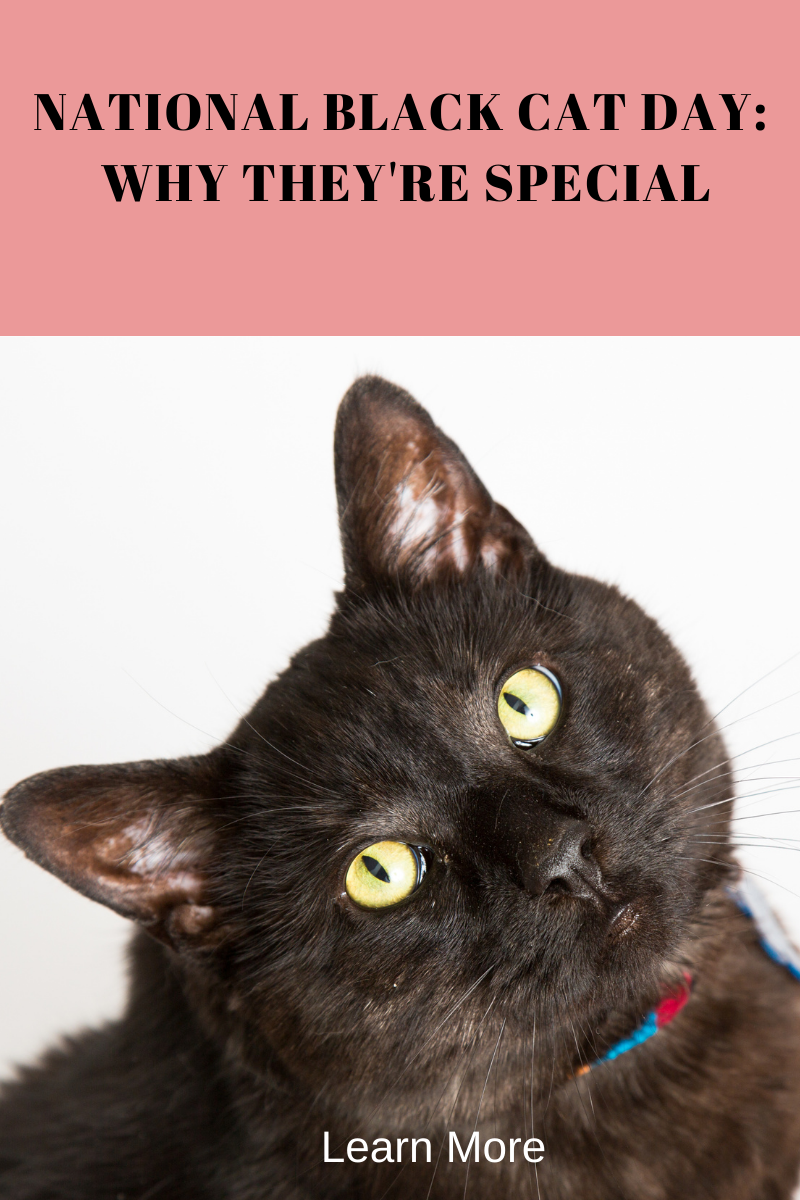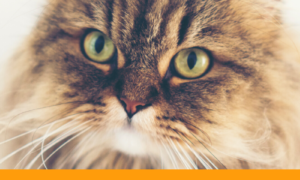Today is Black Cat Appreciation Day. I know many black cats and they all have distinctive personalities, they’re all real characters!
A black cat’s color all boils down to a genetic quirk. There are three variants of the black fur gene (solid black, brown, and cinnamon), and the hue works in conjunction with the pattern.
In honor of black cats and their guardians and fans everywhere, here are some facts about them you may not be aware of:
Black Cats Are Fancied By Those In The Know
The Cat Fanciers Association (CFA) loves black cats! Solid black is a recognized color for 22 cat breeds registered with CFA.
Lucky In Some Cultures
Some cultures, including the UK, view black cats as lucky. Unfortunately, the opposite holds true here in the US, which makes to much more difficult to find homes for solid black cats
Why Are Black Cats Black?
Wonder what makes black cats black? It’s melanism, a black or nearly black pigmentation seen not only in domestic kitties, but also in 11 of 36 wild species of cats. The trait is most prevalent in males. Melanism produces yellow irises due to the high levels of melanin in the pigment of black cats.
They Don’t Always Stay Black
If your solid black cat is now a rusty shade of brown, it may be a case of him showing his true stripes. A solid black cat with a dominant tabby stripe gene may literally change color if he’s had heavy exposure to the sun.
Sunlight can make the eumelanin pigment in its fur break down to reveal once-invisible stripes (another potential cause: nutritional deficiency). What was once a black cat is now a rusty brown cat.
Black Panthers Aren’t Always Panthers
Not all black panthers are actually panthers. The term “black panther” describes any black jaguar, leopard or jaguarundi.
Benefits Of Being Black Cat
Some theorists believe melanism may enhance the immune systems of black cats, strengthening their resistance to pathogens. It’s also theorized that black pigmentation may help cats trap prey.






